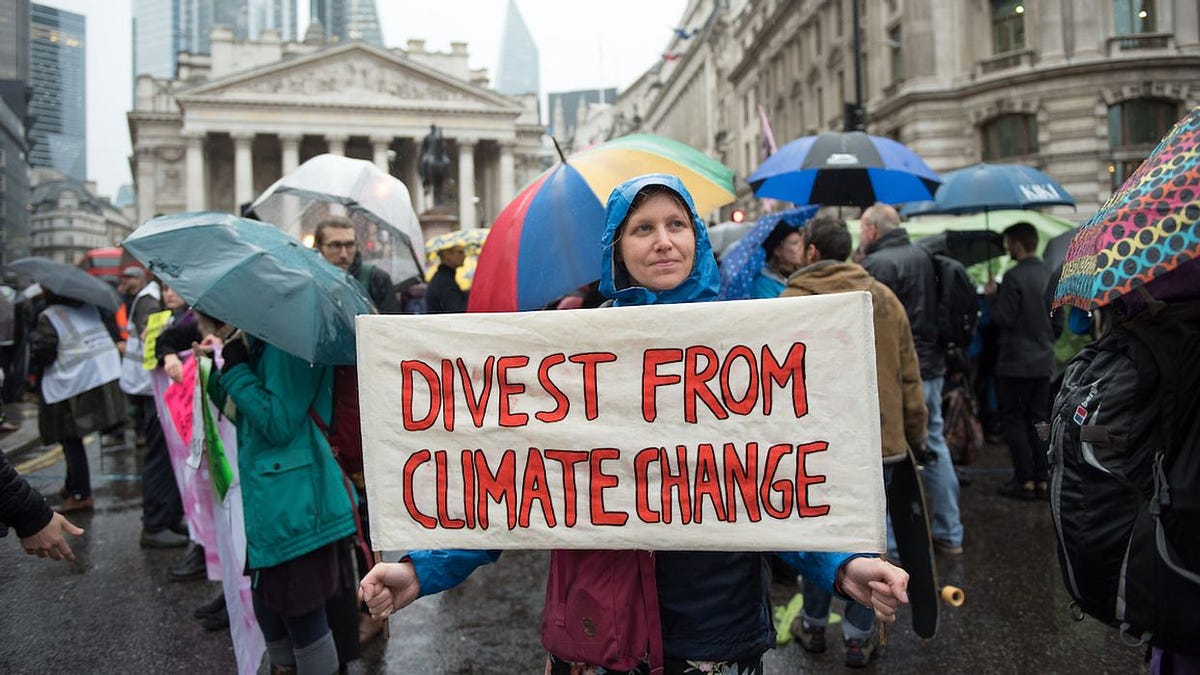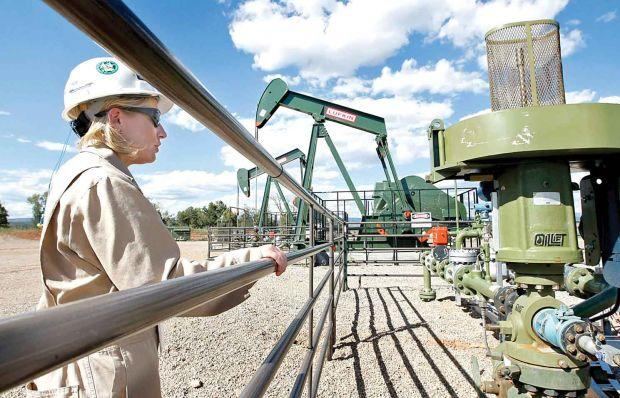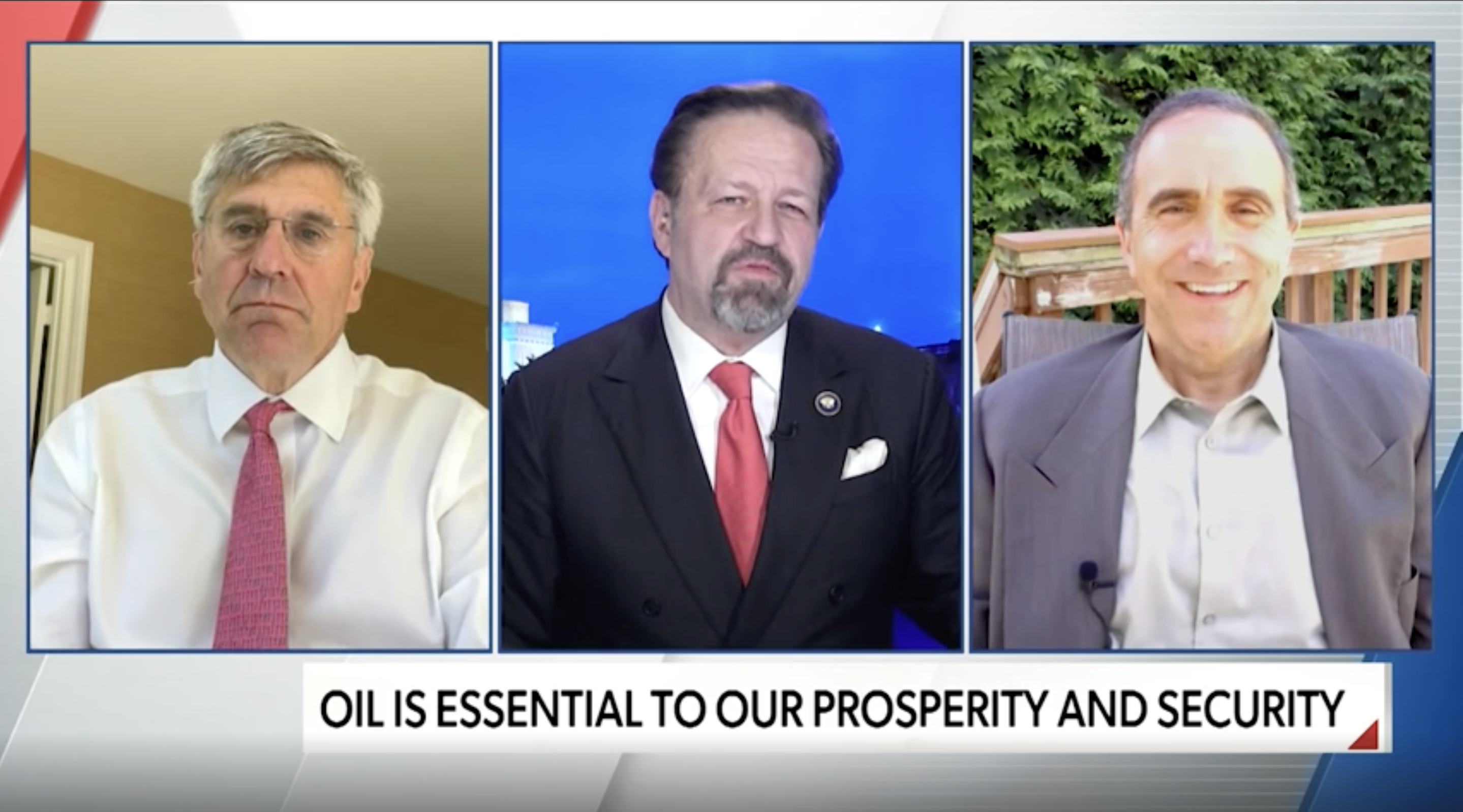Many are blaming the post-covid economic boom for today's energy crisis, but the main cause of energy shortages, rising coal use, and higher emissions is the under-investment in oil & gas exploration driven by climate activismhttps://t.co/9qshPSATI0
— Michael Shellenberger (@shellenberger) October 27, 2021
https://threadreaderapp.com/thread/1453360927894552583.html
China’s government recently waived environmental safeguards on coal mining. China imposed rolling blackouts due to energy shortages while India narrowly avoided them.
New oilfield discoveries fell to historic lows between 2016 & 2020 due not to lack of oil but lack of investment. Today firms are spending 25% less than they need to hold oil production steady.
Social responsible investing is decades old, but ESG was embraced over the last decade by large university endowments, investment banks, & the United Nations.
“Today, investment in fossil fuel is vilified and financing has become sparse as big western banks withdraw,” notes @FT
A reporter there recently warned that “the United States and Europe could become more vulnerable to the political turmoil in those countries and to the whims of their rulers.”
“Insufficient investment by the supermajors, which account for roughly 40 per cent of the global oil supply, began in 2014 with the spectacular collapse of oil prices, but the relatively recent rise of environmental, social and corporate governance (ESG) investing…”





